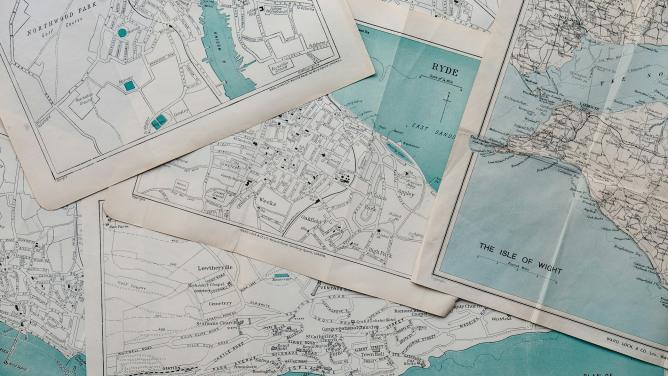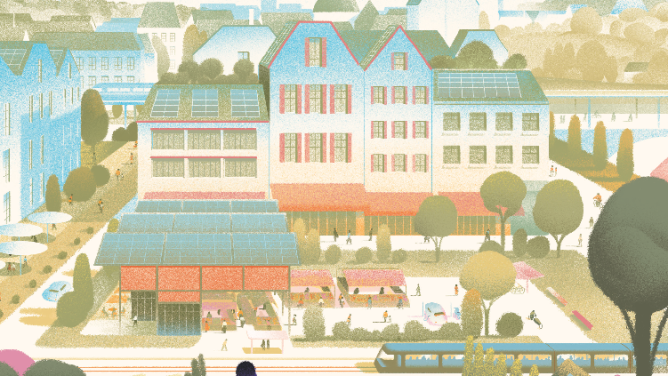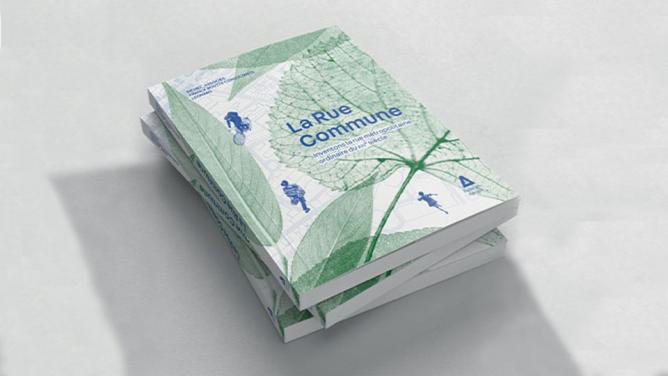The report published today has been presented and discussed during an online public meeting on November 10, 2020.
Forty-five experts from 30 public-sector, private-sector and civil-society organizations—including Paris city council, the Greater Paris regional council, the French Ministry for the Ecological Transition, the International Energy Agency, Sorbonne and Stanford universities and large French companies—took part in the workshop to produce the report entitled “The City of Paris strives to achieve carbon neutrality by 2050—3 ways Paris can become carbon free”.
“We will only achieve the objectives set out in the Paris Climate Action Plan if everybody is committed to making it happen. We, along with Shell and the OECD, have therefore taken the initiative to bring together a large group of stakeholders to devise these three scenarios with a view to making Paris and the Greater Paris region carbon free”, said Julien Villalongue, Managing Director of Leonard.
“Cities have considerable leverage in implementing the energy transition and the City of Paris has set itself ambitious objectives to achieve carbon neutrality by 2050. These three scenarios serve as a starting point for discussing the future of the City of Paris and the collaborations that are needed to achieve carbon neutrality”, said Vincent Baril, President of Shell France.
The report outlines the following three scenarios:
- Green technology-based development: a drive to seize opportunities to develop technology and create businesses that arise as part of the environmental transition, giving France a greener economic outlook. Coordinated government policy will step up the pace of the energy transition, thereby creating the conditions for regions to achieve carbon neutrality by 2050.
- Defiance and immobilism: social and economic crises are given greater focus than the climate transition on the national agenda. The people the worst affected by climate breakdown are coming together to demand initiatives that boost equality and help combat climate change, thereby becoming the main agents of the transformation.
- Paving the way: tight-knit collaboration between elected officials and local communities improves consideration of people’s concerns about wellbeing and climate change, to drive the transition for a carbon-free Paris.
The majority of experts brought together by Leonard, Shell and the OECD believe that socio-economic inequalities and complex political governance, both nationally and locally, represent the main sources of uncertainty along the route to carbon neutrality.


